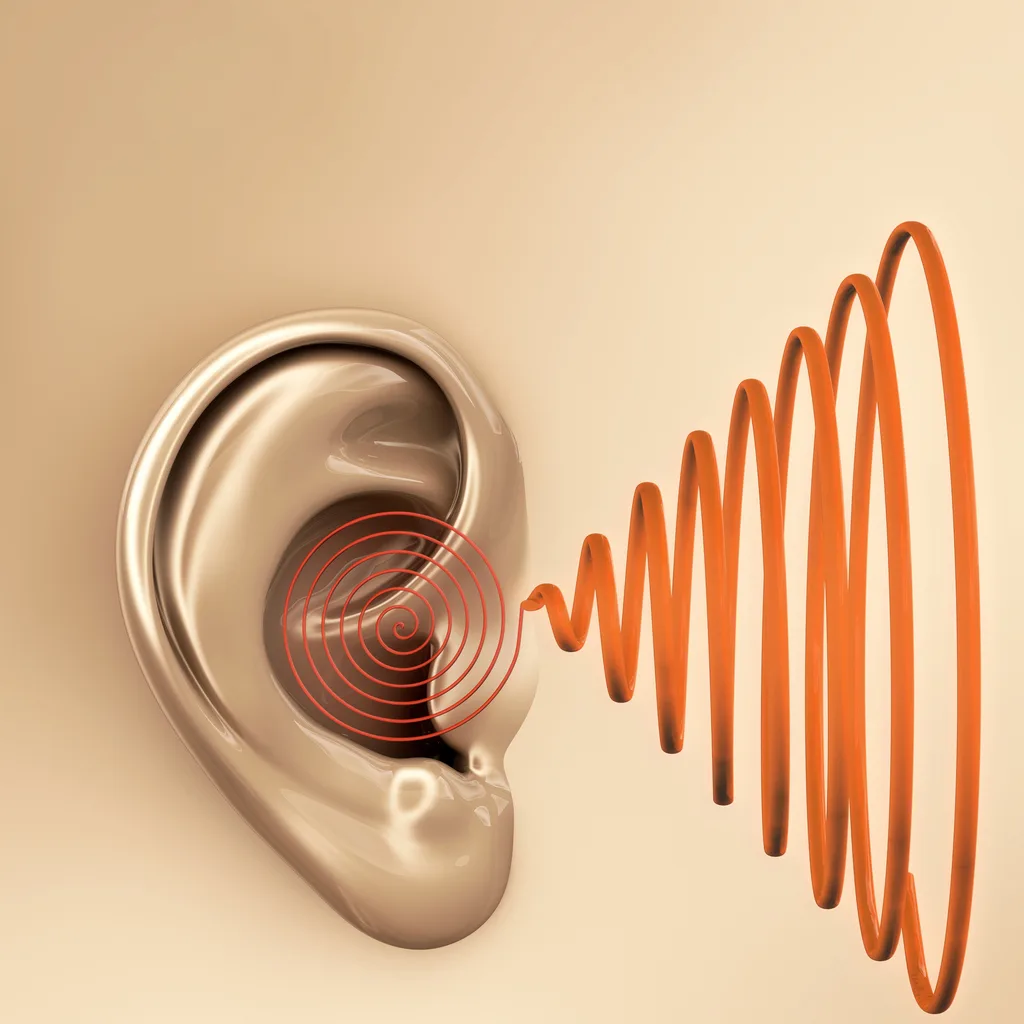All hearing aids whistle sometimes; the good news is that the whistling can be stopped without impacting the effectiveness of your hearing aid.
Whistling Hearing Aids
Whistling hearing aids can be frustrating as well as embarrassing for some hearing aid wearers to deal with. Sometimes the whistling occurs in a quiet environment and everyone around you can hear it, or sometimes it’s a constant sound throughout the day; either way, it can be annoying, interrupt conversations, or cause headaches or dizziness.
The whistling of a hearing aid is also referred to as feedback, and it is quite common. Feedback can happen when sound that was supposed to go into your ear canal leaves your ear and jumps back into the hearing aid microphone. The sound that jumps back to the microphone gets re-amplified which causes a whistling sound. There are a few different causes of feedback that you should know about to lessen the chances of it happening.
Common Reasons Your Hearing Aid is Whistling
Many hearing aids come with a feedback cancellation mechanism built into the hearing aid, however this doesn’t completely eliminate feedback 100% of the time. There are various reasons why hearing aids whistle, and knowing about these reasons can help you lessen the chances of feedback. Common reasons for whistling in hearing aids include:
- A Poor Fit: Hearing aids need to fit snugly into your ear canal, and if they don’t, your chances of experiencing feedback is greatly increased. Having a proper ear mold made of your ear and ear canal ensures that your hearing aid seals to your ear properly. Ears change over time, even with weight loss or weight gain, so it’s important to have the fit of your hearing aid checked by a hearing care professional at least once a year.
- Too Much Earwax: If you have too much ear wax, sounds cannot get through the wax and bounce back into your hearing aid causing them to whistle. It is important to make sure your ears are clean in order for your hearing aids to provide the best sound possible. Too much ear wax can also cause earaches or damage your hearing.
A hearing care professional, like an audiologist, can not only safely and effectively clean your ears, but can also clean the vents and receivers of your hearing aid.
- Loose Tubing: If the tubing that connects your hearing aid to your earmold or tip is not snug, a gap can be created that lets air leak out. This gap is what causes the whistling noise in your hearing aid. Tubing can also shrink over time causing this gap to happen, so it’s very important to have your tubing checked and replaced regularly.
- Too High Volume: Turning your hearing aid up to the highest volume level can be tempting, but doing so can cause the sound to re-enter your hearing aid causing feedback or whistling. The volume on your hearing aid should only be as high as you need it to be; by turning it down, you lessen the chance of whistling.
- Damaged Hearing Aid: Hearing aids are small, but the mechanisms within them are complex and intricate. A displaced or loose microphone, or cracked casing on a hearing aid can cause whistling. A hearing care professional can take a look at all of the parts of your hearing aids to make sure they are in proper working order.
- Proximity to Hearing Aids: Sometimes when objects get too close to your hearing aids, you can experience whistling. For example, wearing a hat or a scarf too close to your hearing aids may lead to feedback. Hugging friends or family or placing your hands near your ears may also result in whistling hearing aids. Your audiologist should test for this before you leave with your hearing aids, but be mindful of what gets close to your hearing aids.
If you’re experiencing whistling and feedback with your hearing aids, it is important to have a certified audiologist inspect your hearing aids and your ears. Hearing aids are worn to help, not hinder, your ability to hear the sounds in your environment. If feedback is occurring, finding the root cause of the problem means you are one step closer to hearing better.
Hearing Care Professionals Provide the Path to Proper Hearing
If you are a hearing aid wearer, or believe you need a hearing aid to hear better, seeing an audiologist, or a hearing aid dispenser, is the best option for you. Both audiologists and hearing aid dispensers possess the knowledge and ability to customize a hearing aid to your specific demands, and to service your future hearing aid needs. Finding solutions to whistling hearing aids is one part of a hearing care professional’s job, and providing an avenue to better hearing is the goal for every patient.
Are you experiencing feedback or whistling in your hearing aids? Reach out to the hearing care team at Hearing Solution Centers today!

